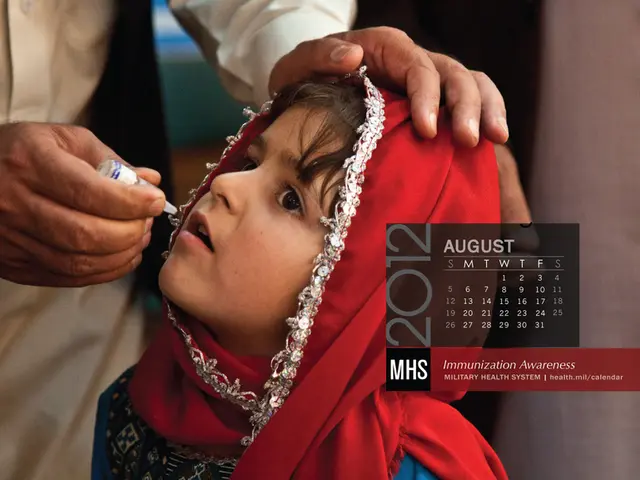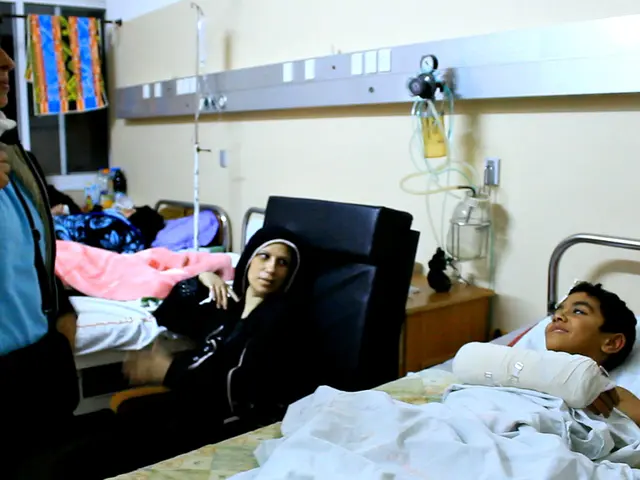Distinguishing between a cold and allergies is crucial for providing relief to your children's respiratory issues
As the school year begins and temperatures drop, parents may find their children experiencing symptoms that could indicate either a cold or seasonal allergies. Dr. Shaunah Ritter, D.O., a pediatric immunologist at Kentucky Children's Hospital, offers valuable insights to help distinguish between the two.
Colds vs Allergies
Colds and allergies share some similar symptoms, such as a runny nose, coughing, and sore throat. However, there are key differences. Coughs during a cold are wet and can produce mucus, which may be thicker and have a yellow tinge. In contrast, coughs during allergies are typically dry. Additionally, fevers, achiness, and low energy are clues that suggest a virus, not seasonal allergies.
Allergies, on the other hand, are caused by a specific trigger, such as ragweed pollen, dust, or mold. They will continue as long as the allergen is present. Other signs of allergies include itchy and watery eyes, persistent sneezing, and skin irritation. Allergies do not cause fevers.
Treatment Options
For colds, over-the-counter options include acetaminophen to help reduce fever and alleviate body aches. A saline flush, ointments, and humidifiers can help ease coughs and congestion.
For allergies, over-the-counter options include anti-histamine medications and nasal steroid sprays such as fluticasone.
Prevention and Management
To minimize the spread of illness, it's essential to wash hands frequently, disinfect surfaces, and keep your child out of school if they are contagious. Viruses are contagious and can spread to others in the household, while allergies are not contagious.
For persistent or worsening symptoms, it's crucial to contact your child's pediatrician immediately. Children can develop secondary infections such as walking pneumonia or ear infections from colds or allergies.
Important Considerations
It's essential to remember that Respiratory Syncytial Virus (RSV) can look like the common cold but can lead to serious conditions such as pneumonia or bronchiolitis. If your child's symptoms worsen or persist, seek medical attention promptly.
In conclusion, understanding the differences between colds and allergies can help parents provide the appropriate care for their children. If you have any concerns, always consult with a healthcare professional.








